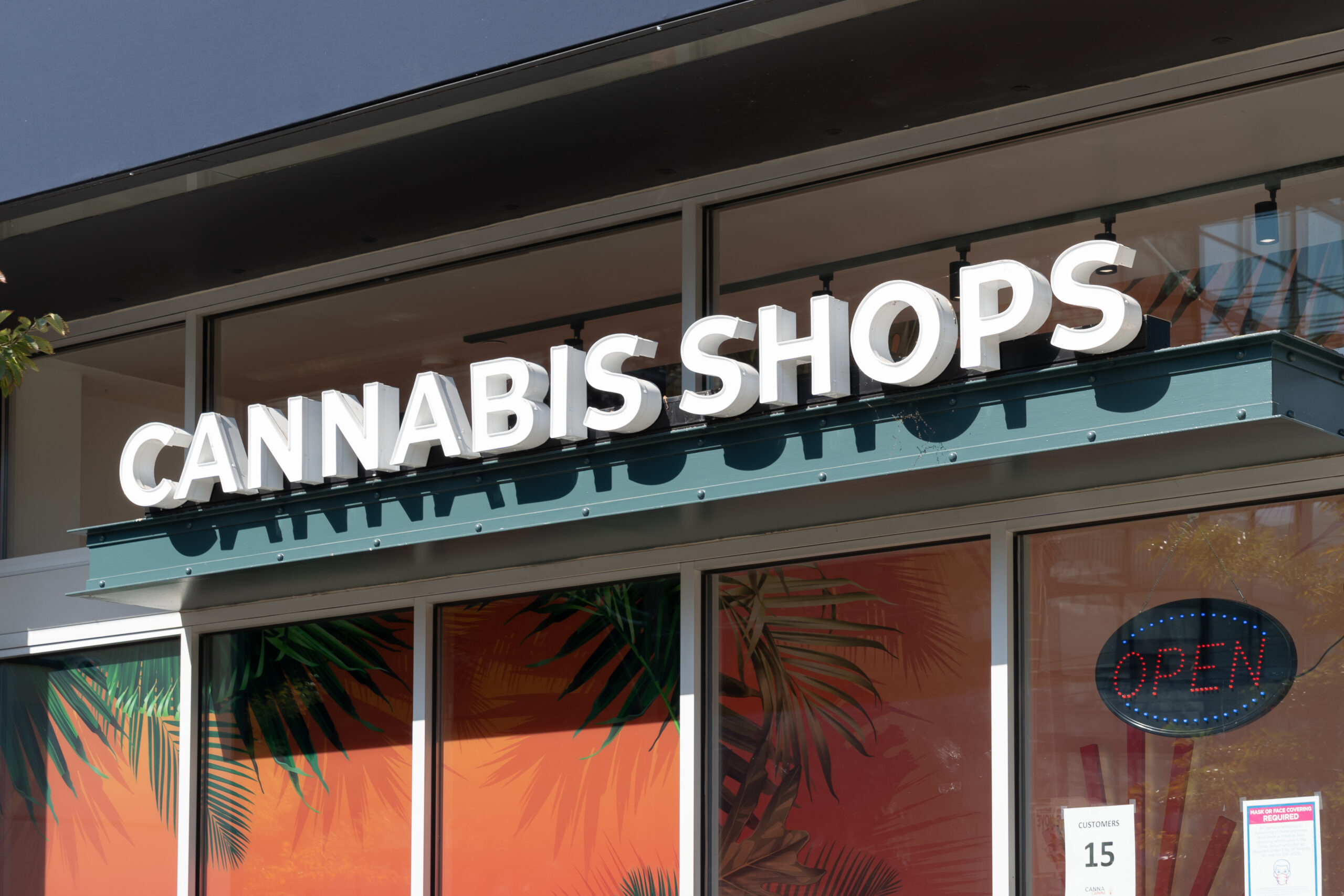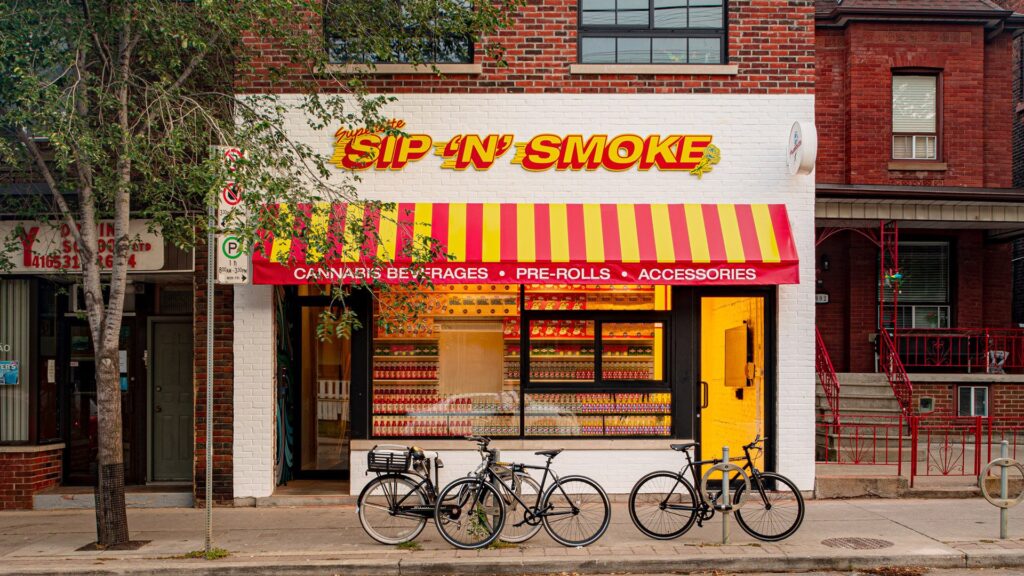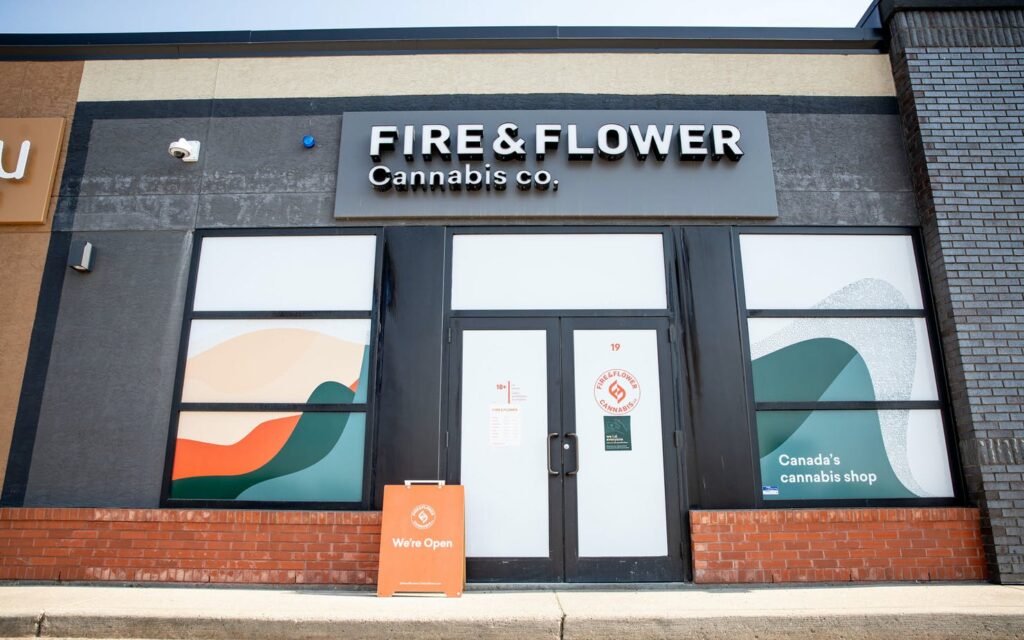
The “pot shop” panic plagues the Canadian cannabis industry
Politicians panic over cannabis retail – the industry is not amused.
In the past month or two, local news reporters across Ontario have emerged from the pandemic and seem to have noticed, to some shock, that the cannabis retail industry has exploded.
There are over 1,000 licensed stores in Ontario and just over 2,700 across Canada. These cannabis retail stores – the mainstream media insists on calling it pot shops – are often concentrated in urban business parks.
Are there too many pot shops in your area?
is a headline of the Toronto Star.
But unlike other businesses, such as convenience stores or coffee shops, the proliferation of cannabis retail was seen as a cause for concern by residents and politicians.
“Are there too many pot shops in your neighborhood?” Asks the Toronto Star; “A harsh reality emerges for cannabis dealers as pot shops proliferate,” writes the CBC. On Bloomberg we hear that analysts are “starting to sound the alarm”.
You get the point.
But is Ontario’s cannabis retail boom really a cause for concern (and new legislation)? Some industry experts want the focus to shift to things that need fixing.
From the license lottery to the green rush
In 2018, Ontario received a lot of press about the lack of retail cannabis locations due to its confusing lottery system. Now, two and a half years later, Ontario is back in the spotlight because it has too many cannabis stores.
With 1,000 legal pot shops now allowed to open in the province – nearly a third of them in this city alone – Toronto residents watching cannabis stores sprout on their main streets and displace other businesses are the end of that growth not experienced. https://t.co/npse7ODnNZ
– Toronto Star (@TorontoStar) November 7, 2021
For many people in the cannabis industry, the sudden awareness of the proliferation of cannabis retail is somewhat confusing – after all, the province decided to have a private market in 2018.
It may have taken a while to boot up, but the private market approach has certainly resulted in many cannabis stores. But is this really a case of too many? Ontario, which surpasses 1000 stores, is exactly what experts predicted when legalization began.
Last month, two Toronto city councils backed a provincial opposition law that would give cities the power to regulate where cannabis retail stores open to promote retail diversity. “We’re seeing less diversity and diversity in the number of retailers,” Councilor Kristyn Wong-Tam told CBC.
“I don’t think a day goes by without at least one piece of news about the number of stores in Ontario or Toronto,” said Chad Finkelstein, lawyer for the cannabis industry. “I have friends and family who call and say, ‘How can there be so many businesses? Can they all survive? ‘”
Lots of people, he says, seem to want to blame it – as if 1,000 deals were a market failure. Since Ontario hit the milestone, cannabis stores have been treated as a priority by politicians.

“It created a very funky dynamic,” says Mimi Lam, founder of the Superette business family in Ottawa and Toronto.
There is some dismay among retailers like Lam and lobbyists like the President of the Retail Cannabis Council of Ontario Adam Vassos at the idea of allowing more city and provincial regulation.
Vassos explains that while the numbers have grown rapidly, there are positive sides to the retail store boom. It’s designed for a more competitive market that ultimately benefits consumers and helps reduce the illegal sale of cannabis. Which, after all, was the main goal of legalization.
The current retail cannabis game is far from perfect
Instead, a better approach might be to fix the cannabis retail problem.
“I would like to curate my cannabis products the way I want to curate them,” says Lam. She would like to sell more merchandise or let people hang out in her stores, but she can’t. At least not yet.
So-called pot shops could be living community hubs if they weren’t so tightly regulated. Shops look dull and lifeless from the outside, the regulations treat them more like adult novelty stores than the LCBO.
“That’s actually the biggest problem I have. It’s not the volume of the cannabis deals, ”says Finkelstein. “I think neighborhoods and communities lose when you have all these covered windows.”

In Ontario, businesses need to keep cannabis products out of the public eye. Curtains, frosted glass, long entrances, walls, etc. are used so that nobody can see inside. It cuts off the inside of stores from the outside world, which can be dangerous for staff and intimidating for customers.
“You have one shop after the other where something is lost, optically, optically. When everything looks like boarded up? It’s not an appealing look. “
Like it or not, that’s what we wanted, the multi-billion dollar industry legalization should always do. We should treat legalized cannabis as a legitimate retail business, not a dirty secret hidden behind tinted glass.
“Let the market decide,” says Finkelstein, barely hiding his frustration with the media occupation of the shops. “These are entrepreneurs who take great risks. That’s part of the beauty of entrepreneurship. “
Kieran Delamont
Kieran is a writer and photographer from Nova Scotia in Mi’kma’ki, the ancestral and unassigned territory of the Mi’kmaq. His work has appeared in Broadview, The Walrus, Maisonneuve and elsewhere, and he has been writing about the cannabis industry since 2016.
View article by Kieran Delamont
By submitting this form, you subscribe to Leafly news and promotional emails and agree to Leafly’s Terms of Use and Privacy Policy. You can unsubscribe from Leafly email messages at any time.

Post a comment: